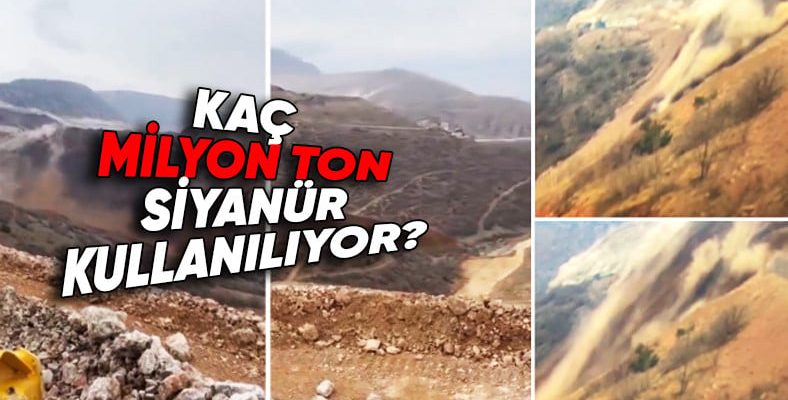The landslide at the gold mine site in İliç district of Erzincan at noon today caused a new disaster to be added to the disasters resulting from mining accidents in Turkey. While search and rescue efforts for 9 workers are continuing, let us underline that the same area has previously been on the agenda due to cyanide.
Capacity increase from 66 million tons to 200 million tons As a result of the subsequent landslide, many search and rescue teams, inspectors and relevant units passed to the region.
Unbelievable numbers in the region cyanide use As a result, the danger of cyanides leaking into the Euphrates River brought to mind the damage caused by mining activities.
“Cyanide was not detected” for the region. report was given.
The landslide that occurred in Çöpler Mine, where Anagold Madencilik Sanayi ve Ticaret AŞ has been producing gold since December 2010, turned eyes to 2022. Due to the failure of pipelines carrying cyanide in June 2022, 20 cubic meters leak Afterwards, activities were temporarily stopped and 16 million 441 thousand TL fine was cut off.
Although the increase in capacity in the mine was objected to, after the capacity increased to 200 million, the closure of the gold mine was brought to the agenda due to a cyanide leak. in the region “no cyanide detected” Activities continued after the report was presented.
It is thought that cyanide, which poses a serious danger to humans and the environment, may have been mixed into more than 35 million tons of soil.
In addition to the possibility that cyanide has leaked into the Euphrates River, the figures for cyanide used in gold production are also quite frightening. The amount of cyanide used by the Canadian company conducting gold exploration in the Erzincan region, although there is no permission to explore for gold with cyanide in Canada, approximately 11 thousand tons per year.
The use of 122 thousand tons of sulfuric acid, It means all of this mixes with the soil. Using a thousand tons of cyanide for 1 ton of gold, More than 35 million tons of cyanide in soil why is this happening. Although the amount of cyanide in today’s floating soil is not clear, it is certain that things are not as simple as it seems.
Moreover, Erzincan is not the only region in Turkey where cyanide is released into nature. The leak that occurred in Kütahya in 2011 is another of these. The Baia Mare accident in 2000, considered Europe’s largest environmental disaster, affected a total of 2.5 million people in many countries. It caused all living things in the river to die.
Not only cyanide, but also unconscious mining activities cause other harm to the environment.
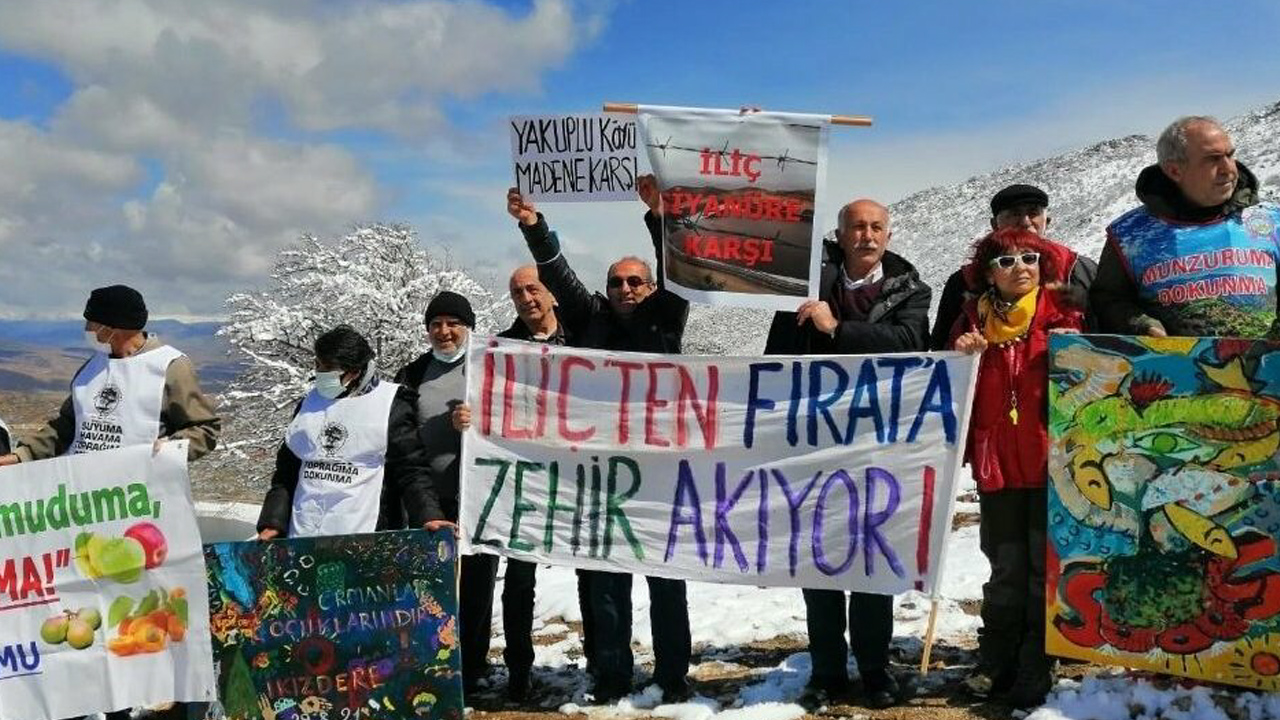
As our need for minerals has grown since the Industrial Revolution, studies in this field have also increased. Although the measures taken for minerals extracted from many parts of the world are different, mining risks to both nature and humans It is an undisputed fact.
While vegetation and living cover completely disappear or decrease in surface mining, The area is being degraded geologically. Although nature suffers less damage in mining carried out deeper than the ground, land degradation cannot be avoided.
underground and surface water resources, The natural chain, climate, lives in the region, fertile soil and cultural assets are on the list of those damaged by mining. Dust and noise pollution is also among the mining losses.
In addition, all living things are damaged due to cyanide and other heavy metals mixed into water and soil. acute and chronic poisoning It’s happening. Anemia, heart failure, cancer (skin, bladder, lung, liver, prostate, kidney, respiratory tract, etc.), kidney failure, abnormal births and mental illnesses is also seen.
In short, mining gold, only for business purposes What is happening is happening to all living things in the area.
We can’t turn around and go back.
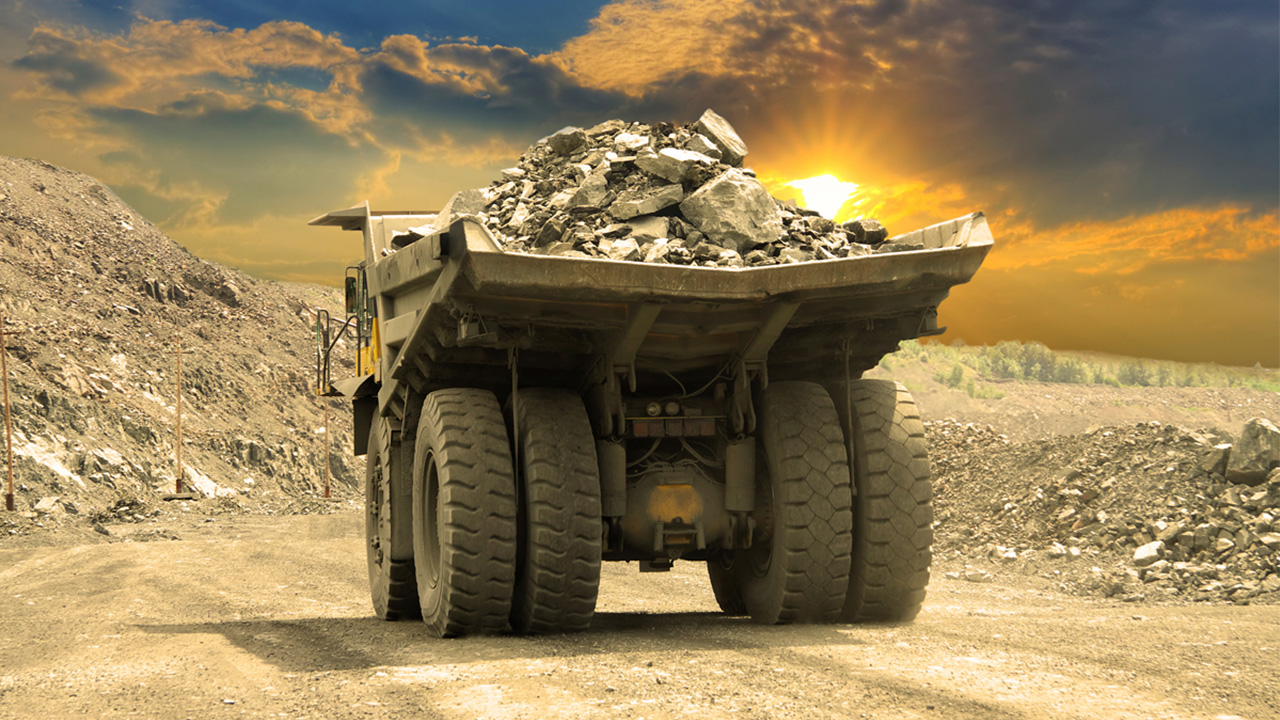
After the procedures are completed, the area needs to be reintroduced to nature. The arrangement of the area structure and improvements are the first works. One of the most successful ways to do rehabilitation work is to afforestation. Thanks to trees, soil protection will become possible in this way.
Inspection is a “REQUIREMENT” to prevent mining from causing disasters.
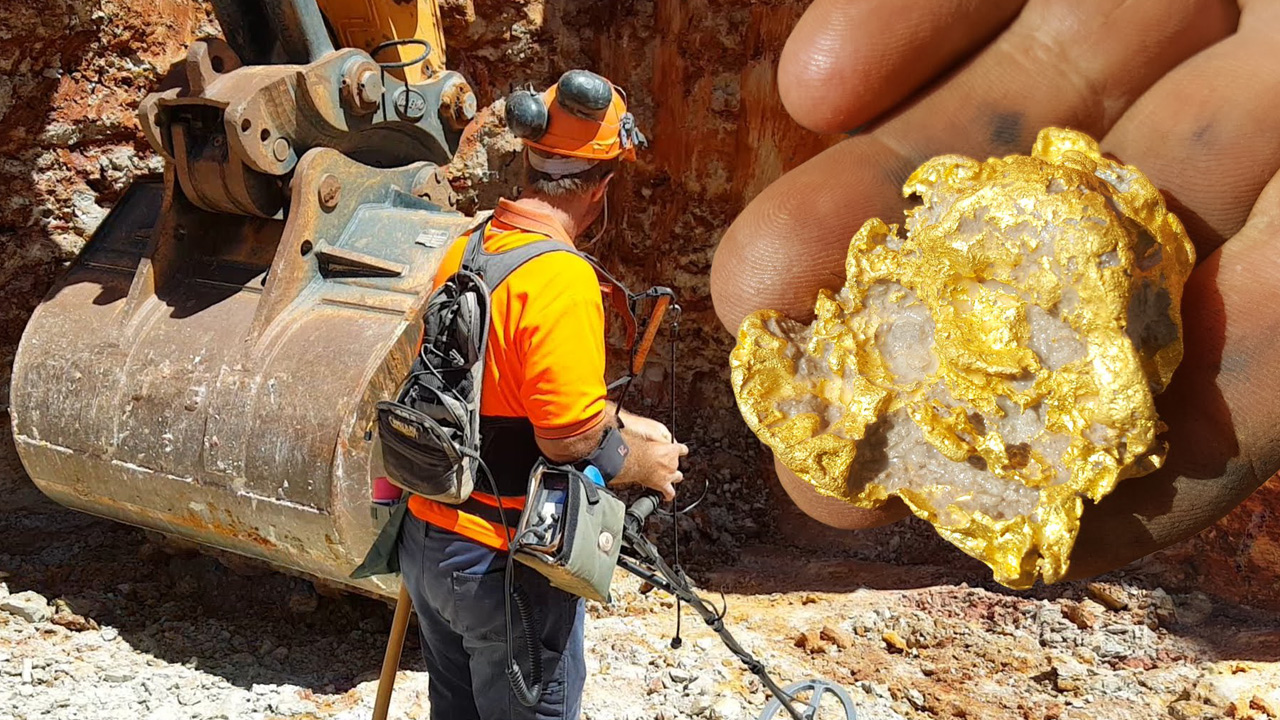
Although it is possible to reintroduce the region to nature under the most classical conditions, it is not possible to bring back our workers who lost their lives. For this reason increasing inspections We all know it is necessary.
Turkey is the country that suffers more losses in the mining sector than other countries. Even though we are weak at learning lessons Again, it is useful to remind the points that need to be underlined.
One of the important reasons for the ongoing mining accidents as a result of the lessons we have not learned from the firedamp explosion that caused the death of 301 workers in the Soma disaster is the workers working in the enterprises.unauthorized employees”.
People who do not have technical training on the subject and work as stove chiefs, superior over engineers Unfortunately, his work as a police officer continues to take the lives of employees. Even though there are regulations on this subject by law, engineers are still under the “quarry chiefs” during the implementation phase.
Moreover, the accidents that occur are left to the engineers and occupational safety experts in the field. It also negatively affects the number of people working in the sector.
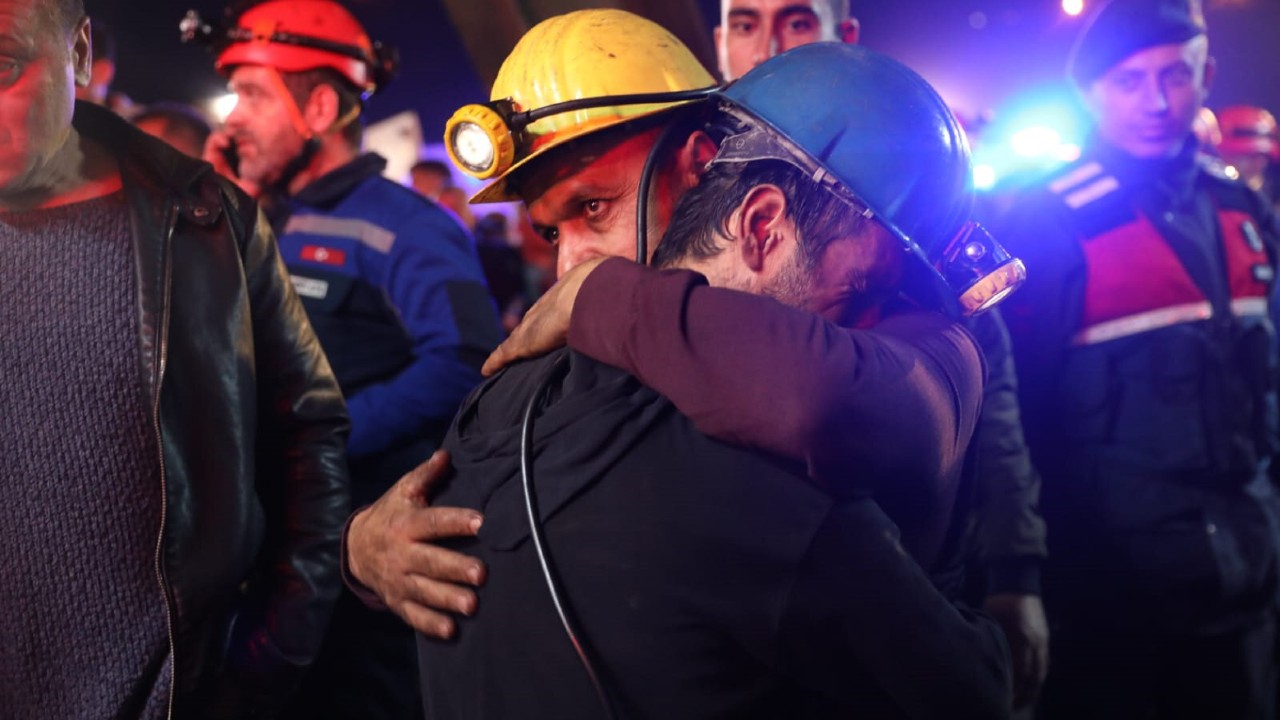
Although the exact cause of the landslide in Erzincan is not disclosed by official sources, it may indicate another mining disaster. We are painfully adding to our history. As rescue efforts continue, we hope that we will reunite our miners trapped under the rubble safely.
You can learn more about the subject by reviewing our other content related to mining:
RELATED NEWS
Why Are There More Mining Accidents in Turkey Than Other Countries? We Could Actually Save 3000 People in 80 Years!
RELATED NEWS
